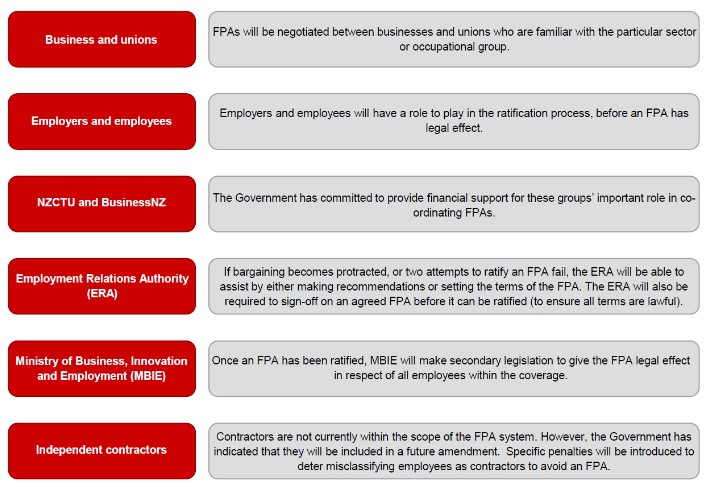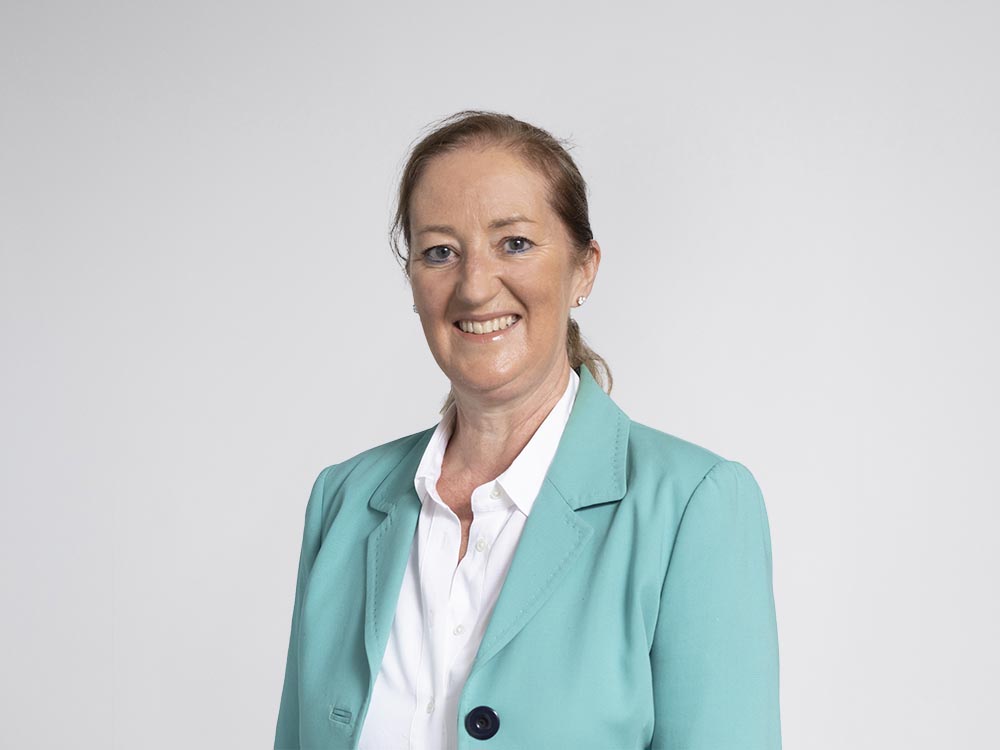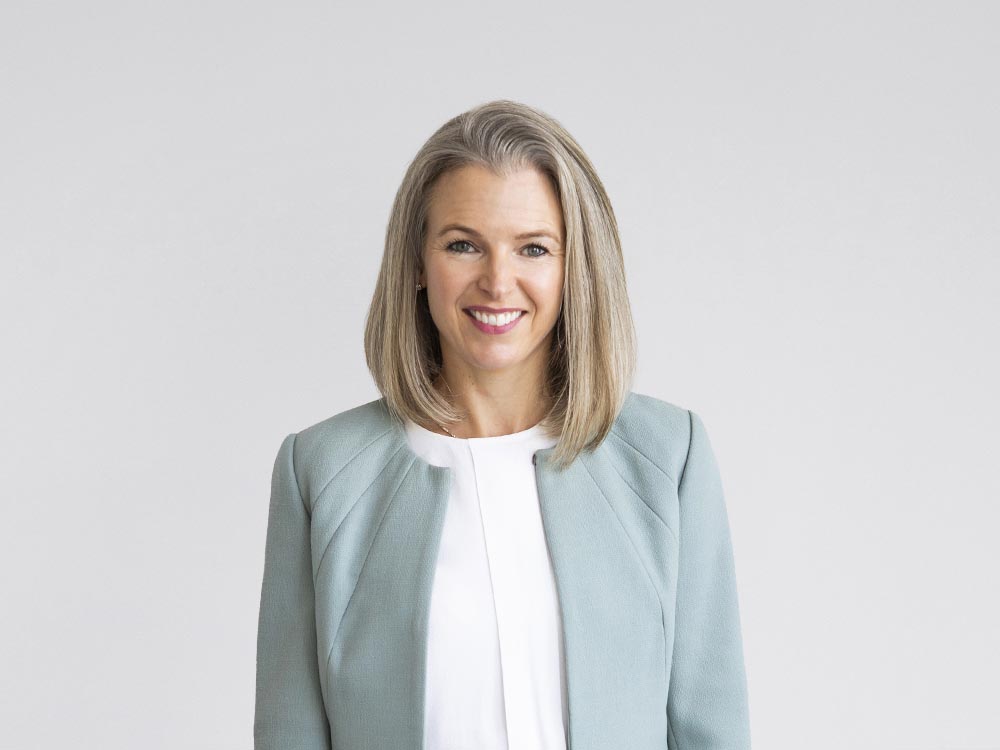The Government has released long-awaited details on its proposed system for Fair Pay Agreements (FPAs). There is no doubt that this will be the biggest shake-up to the New Zealand employment relations landscape that we have seen for decades.
Below is a summary of the latest developments and what the proposed FPA system will look like.
Who will be involved?

What does the FPA system provide?
An FPA will cover the minimum terms applicable to an industry or occupational group. Certain terms will be mandatory (such as minimum wages and ordinary hours) and others will be optional (such as leave and redundancy).
Any union can initiate the FPA negotiation process provided it can demonstrate support from either 10% or 1000 employees in the proposed sector/occupation. The system also provides for a ‘public interest test’, which waives the employee threshold requirement where systematic employment issues exist in a particular sector.
Bargaining parties will have an opportunity to receive assistance from the Government, including financial assistance of up to $50,000 towards the costs of bargaining. The Government has also committed to fully fund four FPAs per year.
The Government has indicated that limited exemptions will be available for businesses, such as financial hardship.
Why is there a need for FPAs?
The Government considers an FPA system is needed to stop the “race to the bottom” that has been observed in various industries. Instead of sacrificing wages to remain competitive, it is thought that an FPA system would promote competition based on products, services, and innovation.
This system is aimed at improving the working conditions of some of New Zealand’s most critical roles, by lifting the minimum terms and conditions for the industry/occupational group as a whole.
When will this happen?
The Government will now draft legislation, which is expected to pass in 2022. At this stage, it is unclear when the system will actually come into effect.
We expect the first FPAs are likely to be in those occupations which are already considered most vulnerable under Schedule 1A of our legislation, such as cleaners and, most recently, security guards.
How can we help?
We would be delighted to assist your organisation to come to grips with today’s announcement, or even just hear your organisation’s views on this topic.
We encourage all employers to reflect on what it could mean for them, and take the opportunity to provide feedback on the proposed system during the Select Committee process later this year. We’d be happy to discuss the submissions process with you, and help prepare any submissions that you would like to make.




